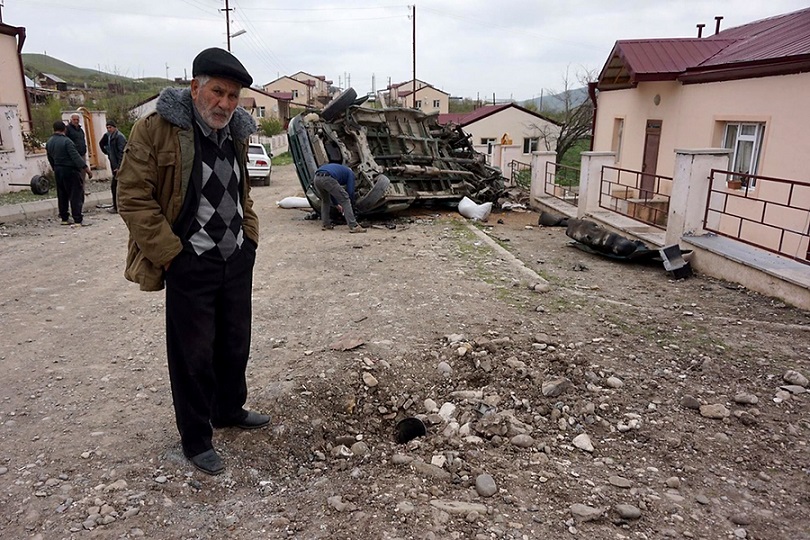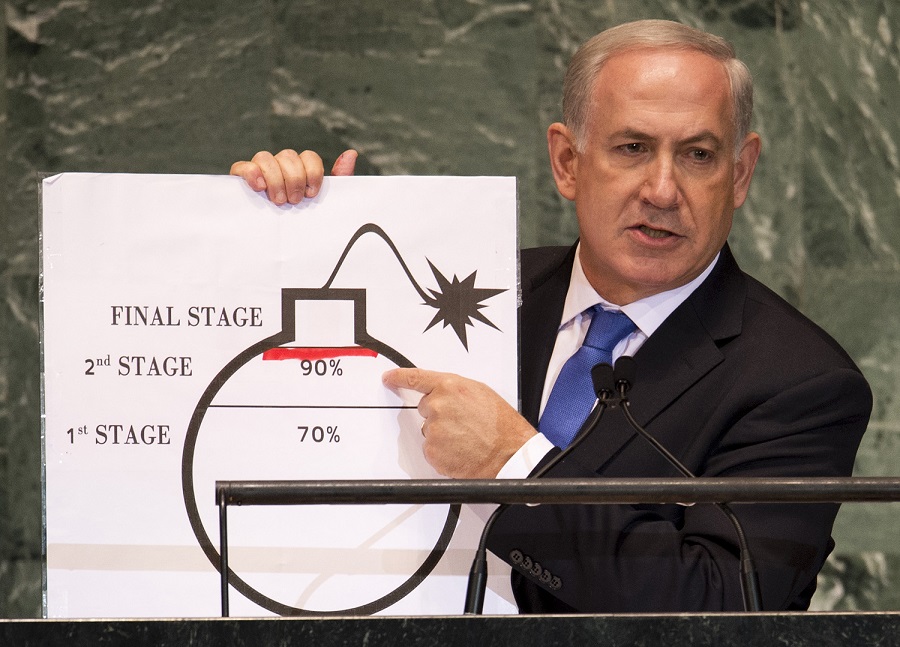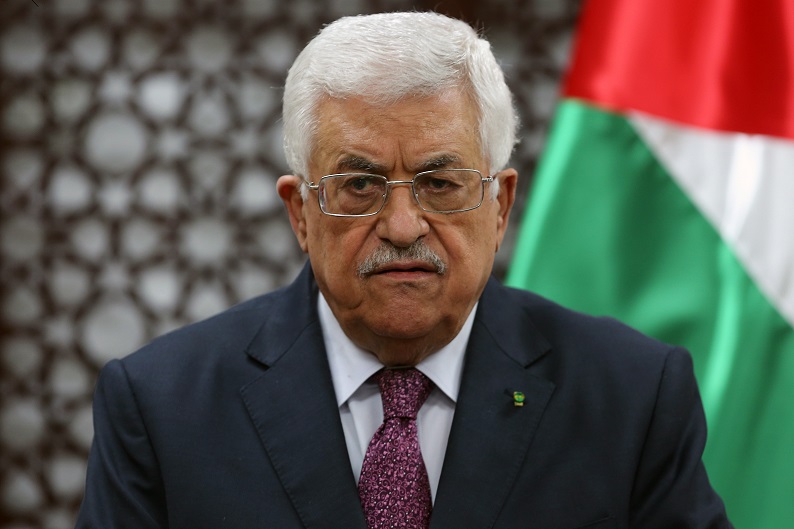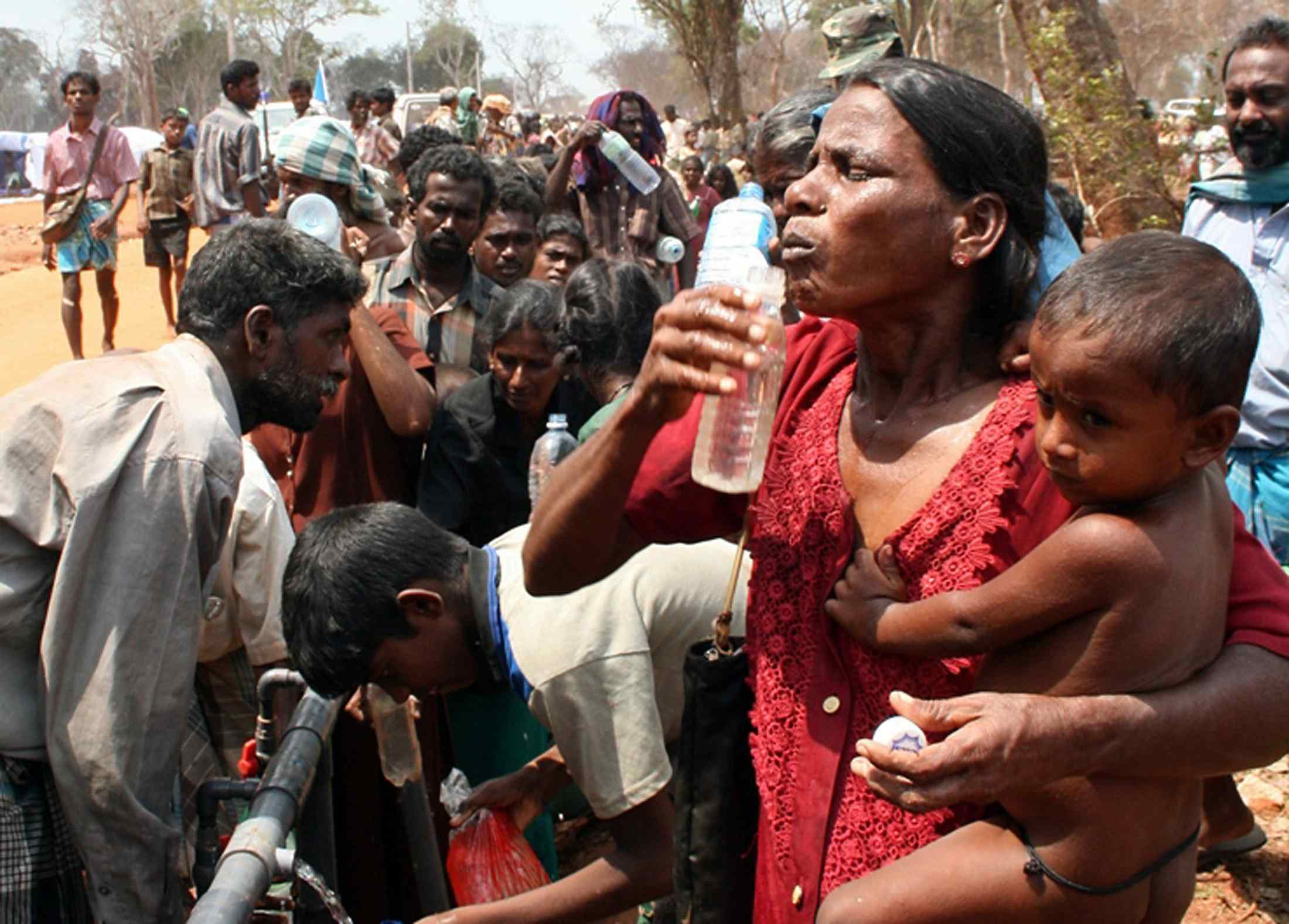April 2016 Review
TransConflict is pleased to present a selection of articles published during April, plus updates from the Global Coalition for Conflict Transformation.
| Suggested Reading | Conflict Background | GCCT |
1) Saudi Arabia – a Kingdom in retreat
Dr. Alon Ben-Meir – Saudi Arabia has the human and natural resources to reclaim its leadership role in the Gulf, and together with other regional powers must embark on a process of reconciliation, which is the only recipe for stability and peace. Read on…
2) Nagorno-Karabakh and negotiation insanity
David Davidian – The OSCE need not continue to claim sides “lack will” towards a settlement of this conflict. Azerbaijan has territorial claims against Nagorno-Karabakh and Armenians who live in Nagorno-Karabakh have demonstrated they will fight to the end to maintain self-rule. For the Minsk Group to continue thinking it’s business as usual is like the insane doing the same thing over and over yet expecting different results. Read on…
3) Kosovo – going nowhere fast
Gerard M. Gallucci – Kosovo is not, by itself, a sustainable economic or political entity. Waiting for Serbia to recognize Kosovo as independent (in order to enter the EU) would still leave Kosovo by itself. Even then the international factors would have to remain in place for the conceivable future. But unless they are ready to do so forever, there needs to be some strategy for an eventual exit. Possibilities include partition or association. Read on…
4) Global bottom-up by 2030?
Dr. Yossef Ben-Meir – The United Nation’s post-2015 development agenda is an opportunity to be seized upon. Here are some ideas as to how. Read on…
5) The truth about Israel’s national security
Dr. Alon Ben-Meir – The time has come for the Israelis to reject the scare tactics and false claims of the Netanyahu government. The usurpation of Palestinian land and unabated settlement growth not only delegitimizes Israel’s legitimate national security requirements, but endangers its very existence. Read on…
6) Reconsidering international criminal justice
Kendra L. Wergin – The mechanisms of international criminal justice have received ample criticism for being slow, expensive, and limited or biased in scope. As we look ahead to a time when justice for current conflicts might be possible, leaders and lawyers must work together to best balance the needs of perpetrators for a fair, legitimate process with the needs of victims for recognition of the harm caused. Read on…
7) Out of nowhere – the Kurds of Syria in peace and war
Rene Wadlow – TransConflict is pleased to present a review of Michael M. Gunter’s “Out of Nowhere. The Kurds of Syria in Peace and War” (London: Hurst and Co., 2014, 169pp.). Read on…
8) From Abuja with love
Tendaishe Tlou – If South Africa is really keen to assist its partner, Nigeria, in curbing terrorism it might consider initiating and consolidating negotiations and diplomacy with Boko Haram. Read on…
9) The Palestinian leadership – to where?
Dr. Alon Ben-Meir – The Palestinian leadership chose to battle Israel on every front, depriving their people of the prospect of living in peace and denying the inescapable reality that Israel is here to stay. Both Israelis and Palestinians alike must accept that their destinies are and will remain intertwined and it takes leaders with courage, vision, and determination to guide them to their shared destiny. Read on…
10) What is the value of a woman?
Emma Tobin – Both men and women need to continue the conversation about gender equality and empowerment before it is pushed aside by other more pressing matters. The UN has declared that it will attempt to reach gender equality by 2030, and with such a tight deadline we must continue to create equality so we can reach this goal within the next 14 years. Read on…
11) Theory of dediscoursification as a part of republican theory
Dražen Pehar – TransConflict is pleased to present extracts from Dražen Pehar’s book, ‘Dediscoursification – how discursive attitudes cause wars’, the key contention of which is that the attitude to language should be theorized as one of the major causes of war. Read on…
The Global Coalition for Conflict Transformation
1) Advocating for gender equality in Afghanistan
Maryam Safi – Not all Afghan men are violent and disrespect women’s right but there are many who defends and advocate for women’s right. Mujib Wais Ezat’s message is strong enough to be used as a tool to advocate for gender equality and the rights of women, and encourage others to raise their voice and the opportunities they have in order to end violence against women. Read on…
2) Mixed messages – what now for justice in Sri Lanka?
The Sri Lanka Campaign for Peace and Justice – One would not offer therapy, shelter, or legal redress, to the victim of arson until one had first put out the flames. So to for Sri Lanka’s war survivors. The question of what form of justice mechanism Sri Lanka needs must eventually be answered. But the fact that the atmosphere in the north and east of Sri Lanka is too dark for such a process to even begin demands urgent attention. Read on…
3) Updates on peace in the Greater Horn and Great Lakes Region of Africa
Kisuke Ndiku – TransConflict is pleased to present an update on conflict dynamics and peacebuilding efforts in the Greater Horn and Great Lakes Region in Africa. Read on…

































RT @TransConflict: April 2016 Review: @TransConflict is pleased to present a selection of articles published during… https://t.co/uVAiVir…
RT @TransConflict: April 2016 Review: @TransConflict is pleased to present a selection of articles published during… https://t.co/uVAiVir…
RT @TransConflict: April 2016 Review: @TransConflict is pleased to present a selection of articles published during… https://t.co/uVAiVir…